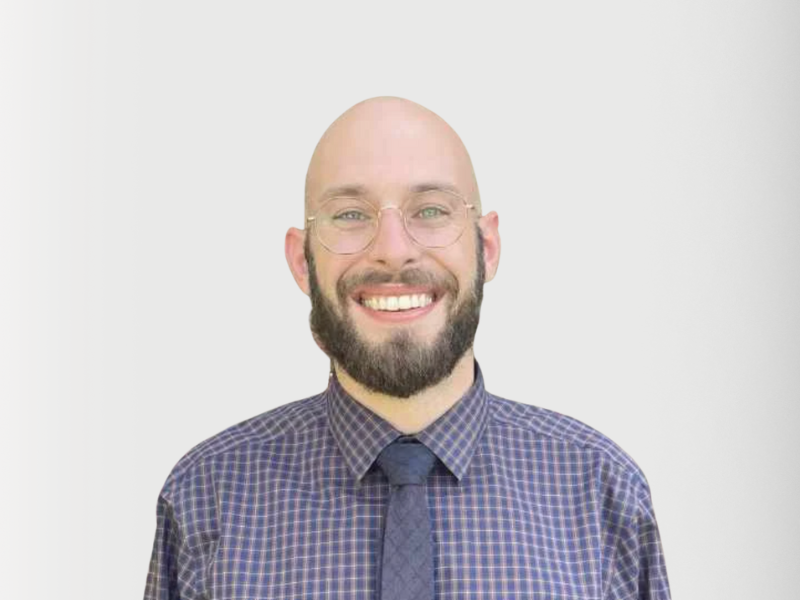Effects of Long-Term Use of Ativan
There are risks involved with long-term use of Ativan. Learn about the risks of using this drug.
If you struggle with anxiety or insomnia, chances are you have been prescribed Ativan as a short-term remedy. Ativan is a fast-acting sedative that can swiftly bring about relief from the symptoms. It works by ramping up GABA levels in the brain, which helps you feel relaxed and calm.
Ativan, like all benzos, is a highly addictive drug. Tolerance can build quickly, leading someone to take higher doses to get the same level of symptom relief as before. The longer this drug is taken, the more chance of having problems with long-term use of Ativan.
When you begin to have withdrawal symptoms after a dose of Ativan wears off, that is the sign of dependence. To quit the drug requires a skilled detox expert that will provide a tapering program to ease off Ativan. Trying to quit Ativan cold turkey is highly risky and should not be attempted.
What is Ativan?
Ativan (lorazepam) is a tranquilizer. The drug is often prescribed for the treatment of anxiety disorder, insomnia, muscle spasms, and alcohol withdrawal. It works as a central nervous system depressant and calms electrical activity in the brain.
As a short-term solution for managing a stressful chapter of life or insomnia, Ativan is quite effective. However, as with all benzos, Ativan is highly habit-forming, potentially leading to addiction. This can happen when the person believes they cannot manage daily stressors or get to sleep without the drug.
About Anxiety Disorders
According to NIMH, over 40 million Americans will have an anxiety disorder in any given year, affecting far more women. Thankfully, these disorders are highly treatable and respond well to treatment. Using drugs, therapy, and holistic methods, anxiety can be managed for an improved quality of life.
Types of Anxiety Disorders
There are 6 major types of anxiety disorders within the anxiety spectrum. The main feature of anxiety is a sense of fear, worry, or dread that can impair functioning.
Because each of the types varies, treatment is tailored to address the unique features of each. The major types of anxiety disorders are:
- GAD
- Phobias
- Panic disorder.
- Social anxiety.
- OCD
- PTSD
Treatment for anxiety includes using meds to treat anxiety, which includes Ativan, Xanax, and Valium. Therapies to treat anxiety include CBT, prolonged exposure therapy, and EMDR. Holistic methods can greatly help to reduce symptoms of anxiety by helping you to relax.
Ativan Dependence and Addiction
There are some signs and symptoms that indicate that Ativan use or misuse is becoming an addiction. These include:
- Memory impairment.
- Loss of appetite.
- Tremors
- Headache
- Mental confusion.
- Dizziness
- Blurred vision.
- Sleeping too much.
- Using higher doses.
- Withdrawing from social activities.
- Loss of interest in usual hobbies.
- Sweating
- Nausea
- Poor coordination.
- Drowsiness
- Breathing problems
- Mood swings.
- Doctor shopping to obtain more Ativan or buying it from illicit sources.
- Have withdrawal symptoms when the drug wears off.
Long Term Effects of Ativan
When used on a long-term basis, Ativan has a long list of adverse effects, including:
- Confusion
- Disorientation
- Memory loss.
- Extreme fatigue.
- Mouth sores.
- Anorexia
- Abdominal bleeding.
- Kidney problems.
- Rebound affects, such as increased anxiety and insomnia.
- Chronic headaches.
- Addiction
How to Reduce Anxiety without Ativan
Finding alternative ways to manage symptoms of anxiety or insomnia is the key to avoiding relapse. Consider these holistic solutions for treating anxiety:
- Yoga. This ancient practice is well known for helping your mind and body reach a relaxed state. The movements, positions, and breathwork all work to help you get to a calm state of mind. Yoga classes are offered in many forms and are easily found online if you can’t make it to a class.
- Mindfulness. Using mindfulness, you coach yourself to rein in all thought distractions, and to focus on the present moment. Direct the mind with purpose toward the senses. Accept the present feelings without judgment and remind yourself that feelings of anxiety will soon pass.
- Deep breathing. One of the fastest methods to achieve relaxation is through a deep breathing exercise. The 7-4-7 is a deep breathing method that involves intentional breathing. Slowly inhaling to the count of 7, hold the breath for a count of 4, and then slowly release the breath for a count of 7.
- Aromatherapy. Using oils to promote a sense of calm is highly effective. Use the oils in a diffuser, in the bath, or applied to feet or wrists. Oils that are helpful for anxiety relief include rose, lavender, bergamot, sweet basil, valerian, and ylang ylang.
- Smartphone apps. There is an array of phone apps that are designed to provide stress relief. You can plug in while resting at home or traveling on a plane and listen to a guided meditation or soothing spa music.
- Supplements. When the symptoms of distress begin to emerge, go on the offensive and fix a cup of chamomile tea to help relax. Also, vitamin B12, magnesium, and SAM-E can reduce symptoms of anxiety.
- Exercise. A great way to stay ahead of anxiety and insomnia is through daily exercise. Even just taking a brisk twenty-minute walk on a daily basis can help reduce stress, improve your mood, and enhance sleep.
- Massage. A Swedish massage is highly effective at releasing muscle tension and ridding toxins from the body. The masseuse can focus on certain regions, like the neck, shoulders, and back, to help you relax.
Long term use of Ativan can produce certain health risks. To stop taking this drug you will need to first complete detox and withdrawal under supervision. After the detox is finished, a comprehensive rehab program will help you break the addiction habits. Get help today for an Ativan use disorder.
Journey Hillside Tarzana Upscale Ativan Addiction Recovery Center
Journey Hillside Tarzana provides Ativan detox and treatment in a luxury residential setting. If long-term use of Ativan is harming your health, our team of caring professionals will help you break free. Call us today at (888) 771-6276.





